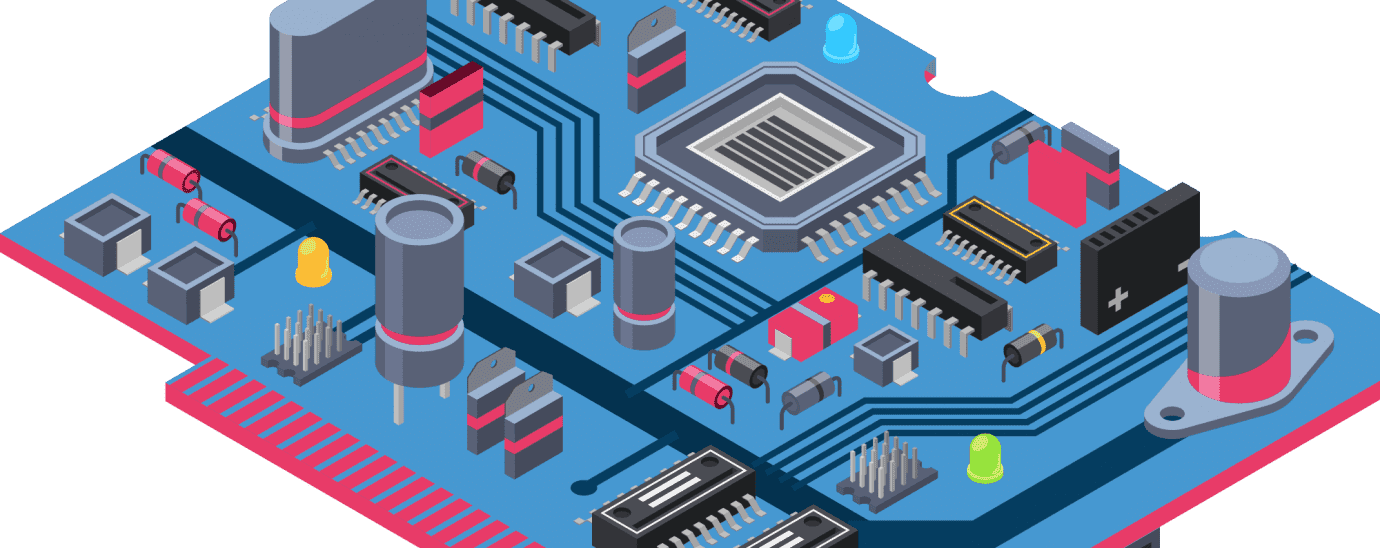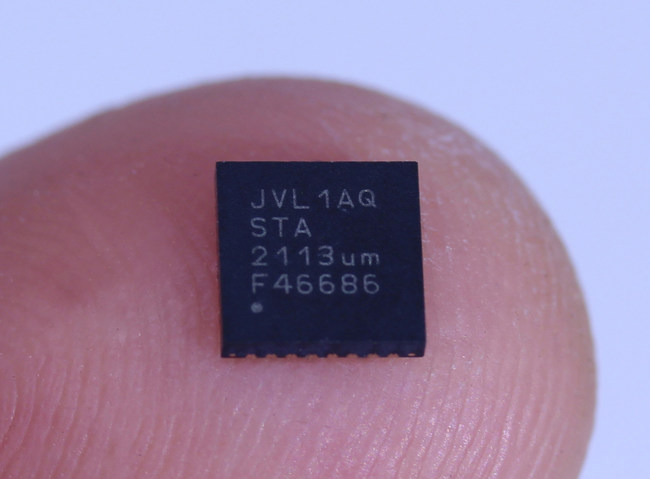Jeeva reveals world’s lowest power wireless chip

Jeeva has just dropped the world’s lowest power wireless chip, Parsair, a breakthrough in IoT innovation.
Jeeva has announced the world’s lowest power wireless chip for streaming real-time sensor data. Jeeva’s Parsair™ chip consumes 100 times less power than typical Bluetooth and enables many novel use cases previously out of reach due to cost, size and power constraints. The low power nature of this new wireless chip can enable densely deployed sensors to communicate at an unprecedented scale.
As the demand for “connected things” continues to grow exponentially, low-power radio and battery technologies have failed to keep up with the large scale Internet of Things (IoT) deployments.
“Until now, devices could continuously stream wireless data, rapidly draining their batteries, or could transmit data intermittently to try and stretch battery life,” said Scott Bright, CEO of Jeeva. “Parsair™ makes it possible to truly stream data without draining the battery, which will be game-changing for a lot of different industries and applications.”
Jeeva’s Parsair chip achieves this breakthrough capability by enabling communication using reflections rather than generating a radio signal of its own. A nearby wireless router transmits radio signals which the chip reflects to communicate data. Since reflecting energy consumes significantly less power than emitting energy, this approach can enable wireless communication with decades-long battery life. Using Jeeva’s pioneering technology, the reflected signal is made to look exactly like a standard radio packet in one of several supported radio protocols, making it possible to integrate with commodity hardware and existing product ecosystems easily.

The ability to continuously stream data enables a range of new devices and applications, unlocking the potential for low power streaming audio devices, high bandwidth accelerometer sensors, or other highly interactive devices that last years on a small coin cell battery. The Parsair chip supports data rates up to 1,000 kbps and connected range up to 100 meters, all at far lower power than any conventional radio and with a silicon footprint of just over 1 square millimetre.
In addition to enabling streaming applications, the chip can build wireless sensor networks to solve multiple critical business problems. Applications include consumable product monitoring and cold-chain tracing for both perishable products and vaccines. Consumer and medical product customers are deploying the chip to enable automated replenishment, inventory management, and asset proximity tracking. “This chip provides low-latency, item-level data from places and things that were never before possible,” said Bright. “It shows the industry that it’s possible to sidestep conventional tradeoffs and get fully-featured wireless connectivity at very low power and meagre cost.”
READ MORE:
- How long can we expect the chip shortage to last?
- Market Access for MedTech: Speakers now announced!
- Why customer conversations are vital for brand survival in a post-COVID-19 world
- What can corporates learn from digital transformation in the COVID era?
Because the breakthrough chip has broad applicability, it is first made available to a select group of customers with whom Jeeva works closely. “We’re supporting qualified customers to accelerate the development, integration and testing of customized edge-to-cloud connectivity solutions,” said Bright. “We have several reference designs to help accelerate specific custom applications. Our platform and wireless chip are ready for pilot-stage deployment now, and we’re scaling to high-volume availability later this year. ”
For more news from Top Business Tech, don’t forget to subscribe to our daily bulletin!
